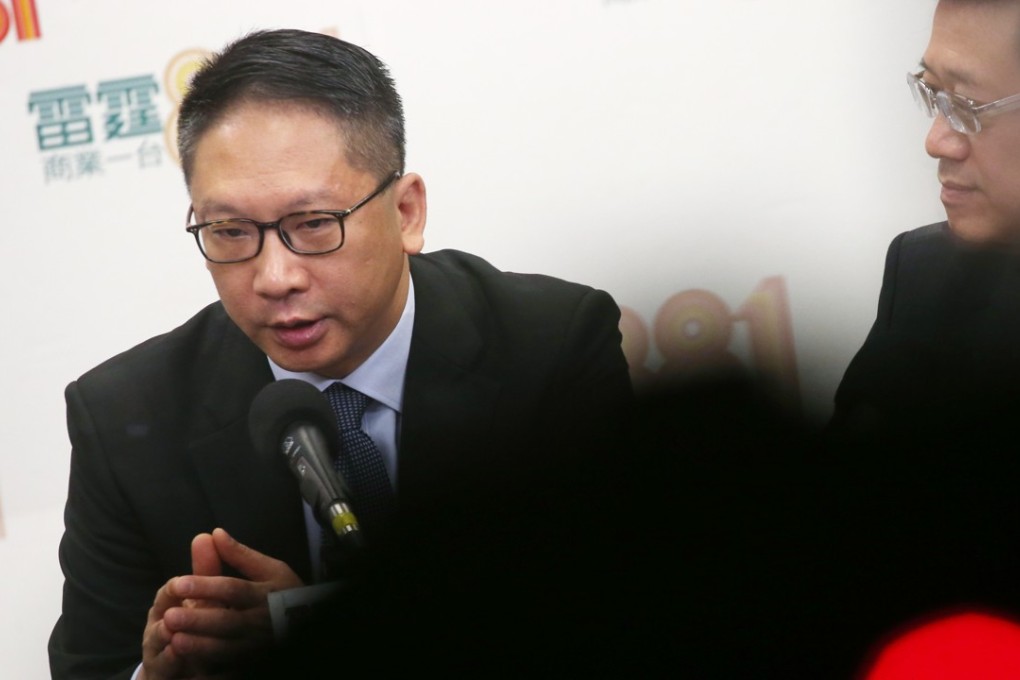Hong Kong justice chief welcomes legal challenges to joint rail checkpoint
Rimsky Yuen Kwok-keung admits more must be done to boost public confidence in the arrangement, which will see mainland laws enforced in part of the rail terminus, as first judicial review against plan lodged

But Rimsky Yuen Kwok-keung admitted the government needed to do more to boost public confidence in the plan, saying that could not be achieved by tackling the issue in court.
Yuen’s remarks came as legal experts slammed the proposal, which they said would set a dangerous precedent in Hong Kong, as they feared the enforcement of mainland laws could, in future, be extended to other areas of the city.
“I do not mind handling [the dispute] through legal channels,” Yuen told Commercial Radio. “I totally accept different legal points of view. This is healthy.”
Yuen restated his confidence in withstanding legal challenges and said the administration had no plan to ask for an interpretation from the standing committee of China’s top legislature, the National People’s Congress, should it lose the case.